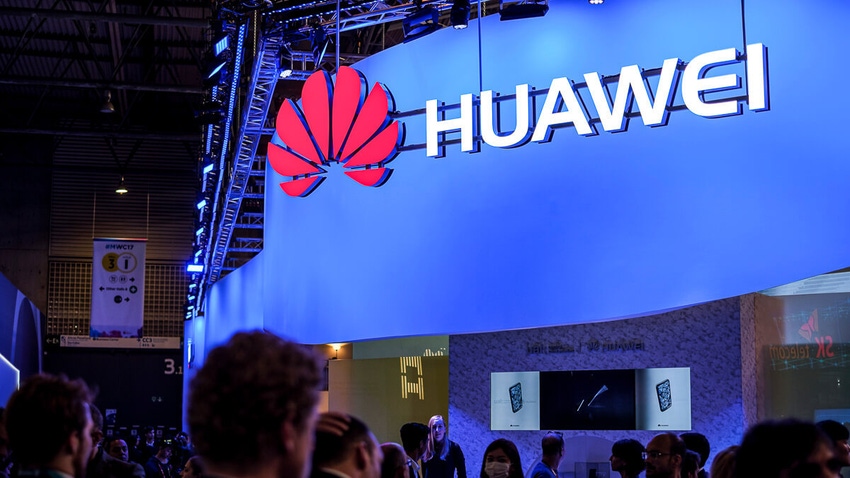EU officials said to be concerned about sluggish implementation of recommendations to ensure 5G networks remain secure.

In 2020, the European Commission introduced a 5G security toolbox with guidelines that were designed to mitigate security risks in networks. Although the Commission stopped short of imposing an outright ban on the use of suppliers deemed to be a risk for the bloc's 5G networks, it did set out a number of measures that it hoped European Union member states would adopt.
These measures include assessing the risk profile of vendors and ensuring access to a pool of vendors, in order to maintain a diverse and sustainable 5G supply chain. However, it could be that the goal all along was to ensure that companies deemed to present a security risk for 5G networks, including Huawei, would ultimately be excluded.
According to the Financial Times (paywall applies), EU officials are concerned that not enough member states are implementing the 5G toolbox recommendations, and are now considering a mandatory ban if countries such as Germany continue to delay the exclusion of vendors considered to be high risk.
Germany, nul points
As things stand, the only member states to have already banned Huawei from their 5G infrastructure are Denmark, Sweden, Estonia, Latvia and Lithuania. In the UK, the British government ordered its telcos in 2020 to stop buying 5G equipment from Huawei and phase the Chinese vendor out of their networks by the end of 2027.
Portugal could be next. The nation's cybersecurity council CSSC has reportedly issued a resolution that could formally bar operators from using Chinese equipment in their 5G networks. However, German operators do not yet appear to have started weaning themselves off Huawei.
Strand Consult, a Danish company that carries out telecom analysis and market research, has examined the involvement of Chinese vendors in Europe's 4G markets and 5G market. It calculated that 57% of Germany's 4G radio access network (RAN) sites used Huawei's technology, and put Huawei's share of installed 5G kit at about the same level.
The consultancy also found that Chinese vendors were still supplying more than 50% of 5G equipment in eight out of 31 countries at the end of 2022.
According to the Financial Times report, EU Internal Market Commissioner Thierry Breton told telecoms ministers last week that the number of countries to have blocked Huawei is too few and "exposes the union's collective security."
Apparently, the Commission is due to meet next week to report progress on how well the recommendations are being implemented. However, any new rules enforcing a ban are unlikely to arrive before the five-year term of the current Commission ends in 2024.
Update: Huawei contacted Light Reading after the publication of this article with the following statement:
"Huawei opposes politicizing cybersecurity issues. Assessing cybersecurity risks without sticking to recognised technological standards, or excluding specific suppliers from the system without proper technological evaluation, is a violation of the principles of fairness and non-discrimination.
"Huawei equipment is routinely and closely scrutinized by governments and relevant security agencies according to stringent cybersecurity standards. No evidence has ever been provided to show Huawei's equipment has backdoors. Disputes over intellectual property are common in international business. No court has ever found that Huawei had engaged in intellectual property theft, or required Huawei to pay damages for infringement on others' intellectual property.
"We are proud of our security record in Europe. We will continue to deliver our globally certified and trusted products and services across the continent that help connect millions of people."
Related posts:
— Anne Morris, contributing editor, special to Light Reading
About the Author(s)
You May Also Like











